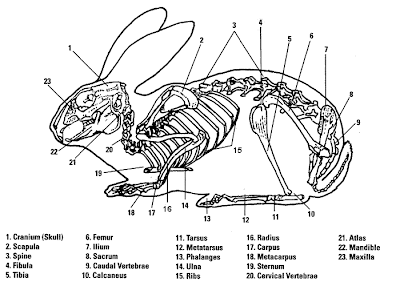Most common diseases in horses
Tetanus: Is caused by a bacterial toxin normally found in the soil ad in the feces of horses. This bacteria enters the body at the sight of a wound or the umbilical cord stump in a foal.
ts symptoms are early signs of colic and stiffness. Horses will develop spasms in the jaw, neck, hind legs and muscles around the wound. tetanus is often fatal, but a yearly vaccine can prevent it.
Equine Encephalomyelitis (sleeping sickness):
This is a disease that affects the nervous system, and can be caused by equine encephalomyelitis viruses (Eastern, Western, and Venezuelan), which are carried by mosquitoes. Signs include depression and a high fever, followed by a period when the horse appears blind, nervous and uncoordinated, with muscle tremors, and eventually, complete paralysis. Proper vaccination and good mosquito control are important to help prevent this disease.
Equine Influenza:
Is an upper respiratory disease spread by inhalation of drops of infective material. It is similar to the flu in humans. Its symptoms are dry, hacking cough, sudden onset of fever, watery nasal discharge, weakness, loss of appetite and depression. Infection with equine influenza is rarely fatal but can cause problems such as emphysema, pneumonia or bronchitis.
Equine Herpesvirus (rhinopneumonitis, rhino, viral abortion):
There are 2 types of equine herpesvirus: EHV-1, which causes respiratory disease (fever, cough, nasal discharge), reproductive problems (abortion, stillbirth), and neurological problems (hindlimb weakness, difficulty walking, sometimes paralysis); and EHV-4, which is usually limited to respiratory problems. Once a horse has been infected with EHV-1 or EHV-4, he will always be a carrier, and may shed the virus during times of stress. It is highly contagious and can spread rapidly throughout a herd.
Rabies:
This is a highly fatal viral infection of the central nervous system, and although it is not common in horses, rabies can be transmitted to horses by the bite of an infected animal such as a skunk, raccoon, fox, dog or bat. Rabies can be transmitted to people. Its symptoms include, increased saliva, excitability, disorientation and running blindly. We recommend that you check with your veterinarian regarding recommendations for rabies vaccination for your horse.
The digestive system equine
Equine anatomy
The rabbit anatomy





No hay comentarios.:
Publicar un comentario